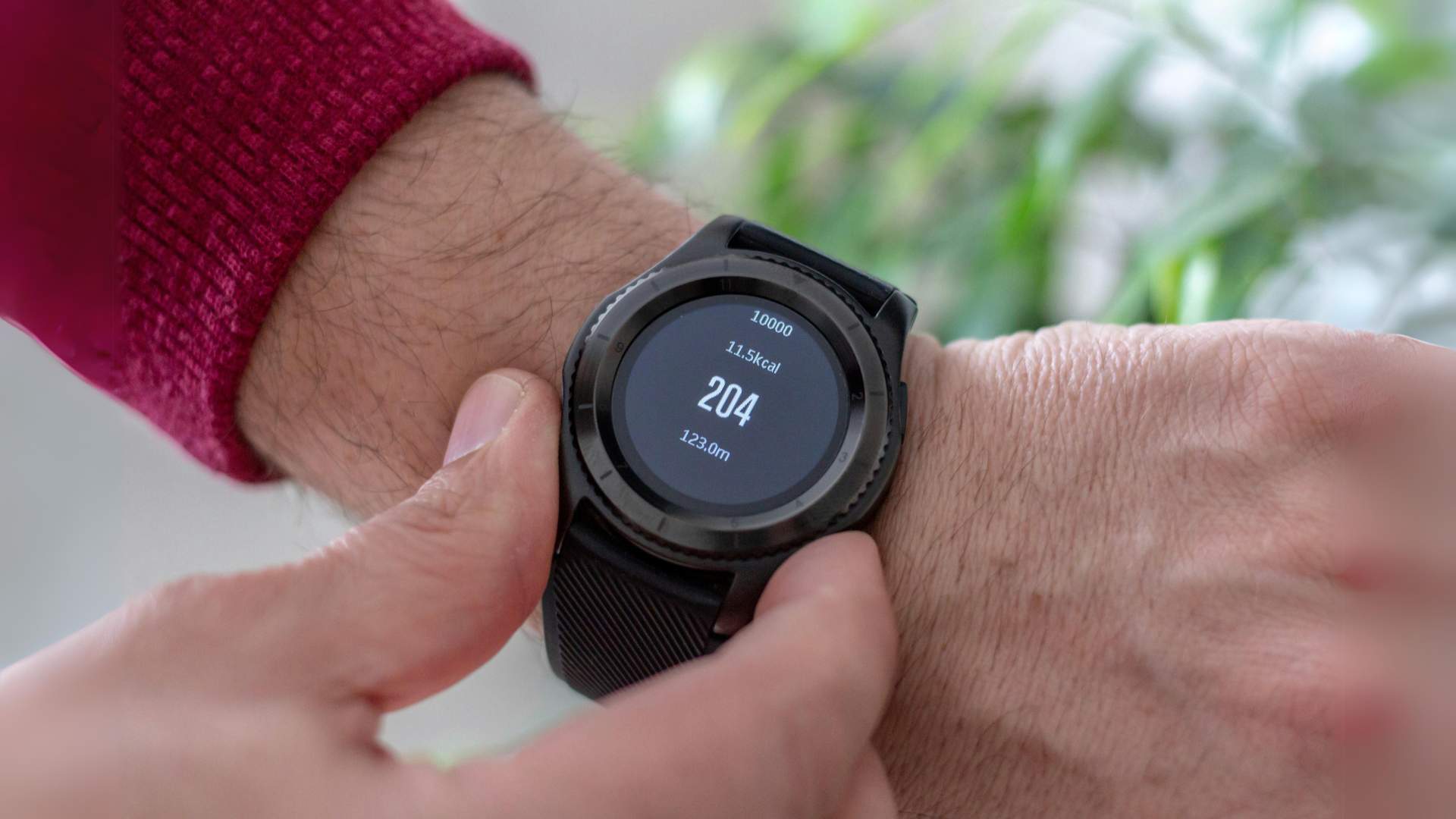Clinical trials are undergoing a significant transformation with the incorporation of wearable technology, marking a new era of continuous and real-time monitoring of patients. Traditional methods that heavily rely on intermittent healthcare visits are being replaced by the use of wearables such as smartwatches, offering a more dynamic approach to collecting data. These devices allow for the constant monitoring of vital signs like heart rate, blood pressure, and sleep patterns, offering a more accurate picture of a patient’s health status. In addition to improving trial efficiency, wearables also actively engage patients, leading to better adherence to treatment plans and healthier lifestyle choices.
The potential of wearables to revolutionize clinical trials lies in their ability to reduce the need for frequent in-person visits, making participation more convenient and inclusive for patients. Nonetheless, there are challenges to address such as data privacy, device accuracy, and participant compliance. Conducting thorough validation studies is crucial to establish the reliability of wearables in a clinical setting, comparing their results to established medical standards. Despite these obstacles, the benefits of wearables in terms of enhancing trial efficiency, obtaining richer data sets, and achieving improved patient outcomes are vast. As technology advances and seamlessly integrates into clinical research, wearables are on track to become indispensable tools for medical progress and knowledge, marking a significant shift in how real-world data is collected and analyzed in clinical trials.
Become a Subscriber
Please purchase a subscription to continue reading this article.
Subscribe Now
Read more
